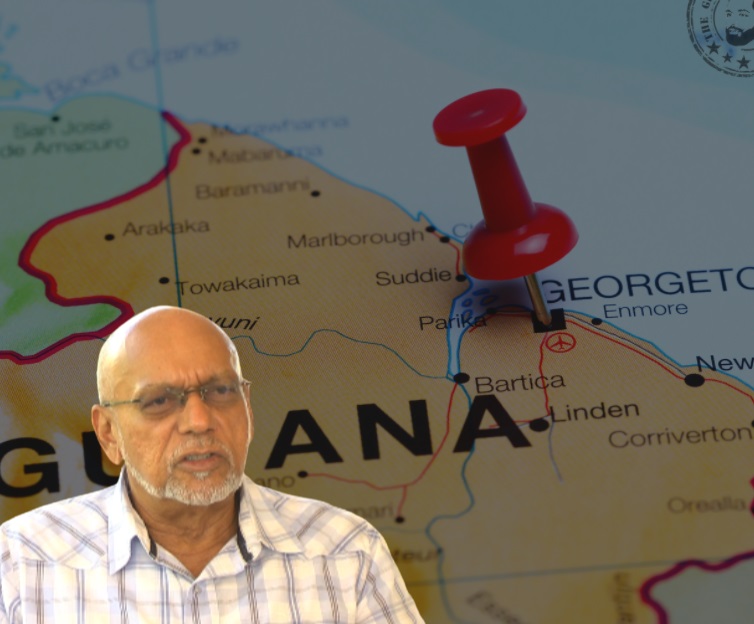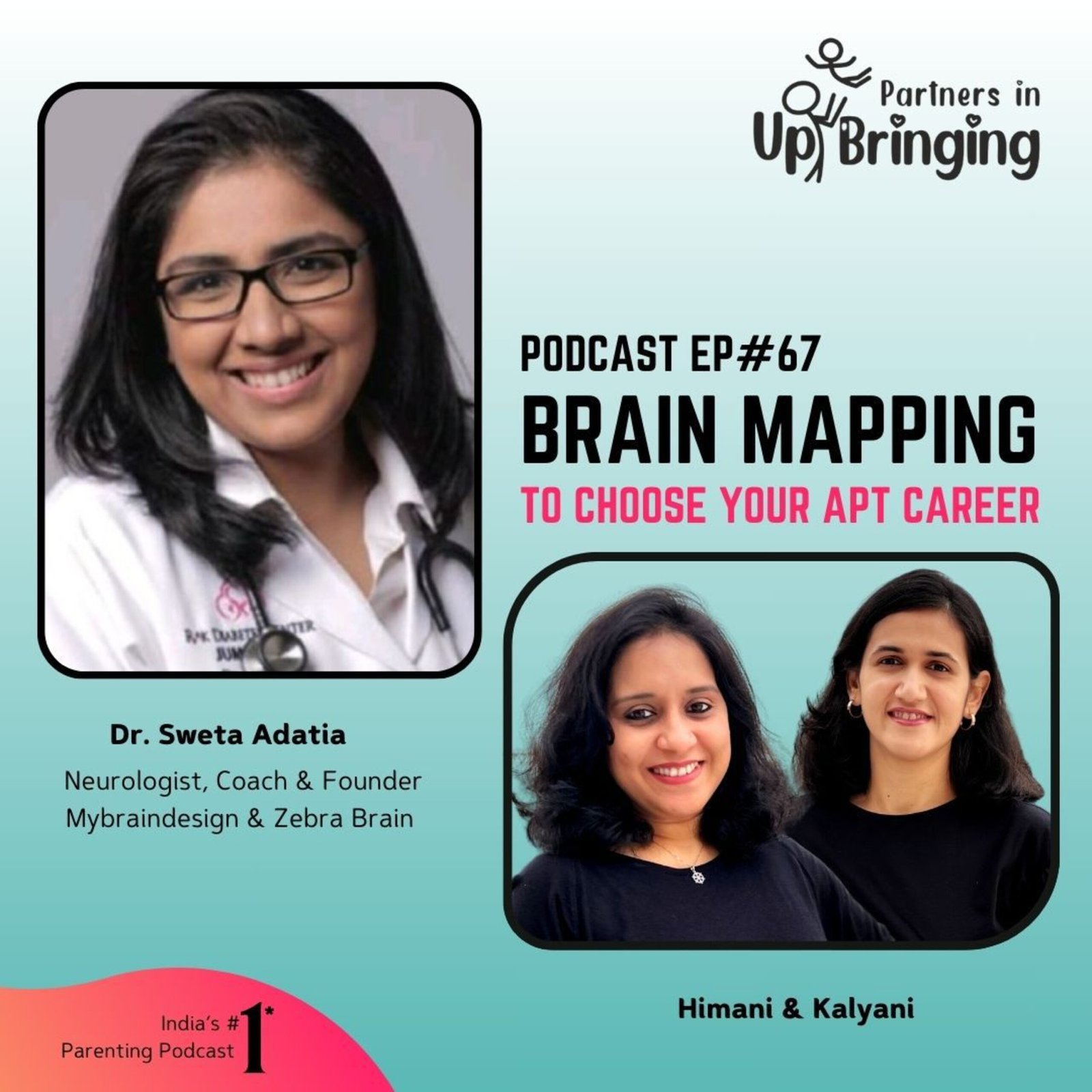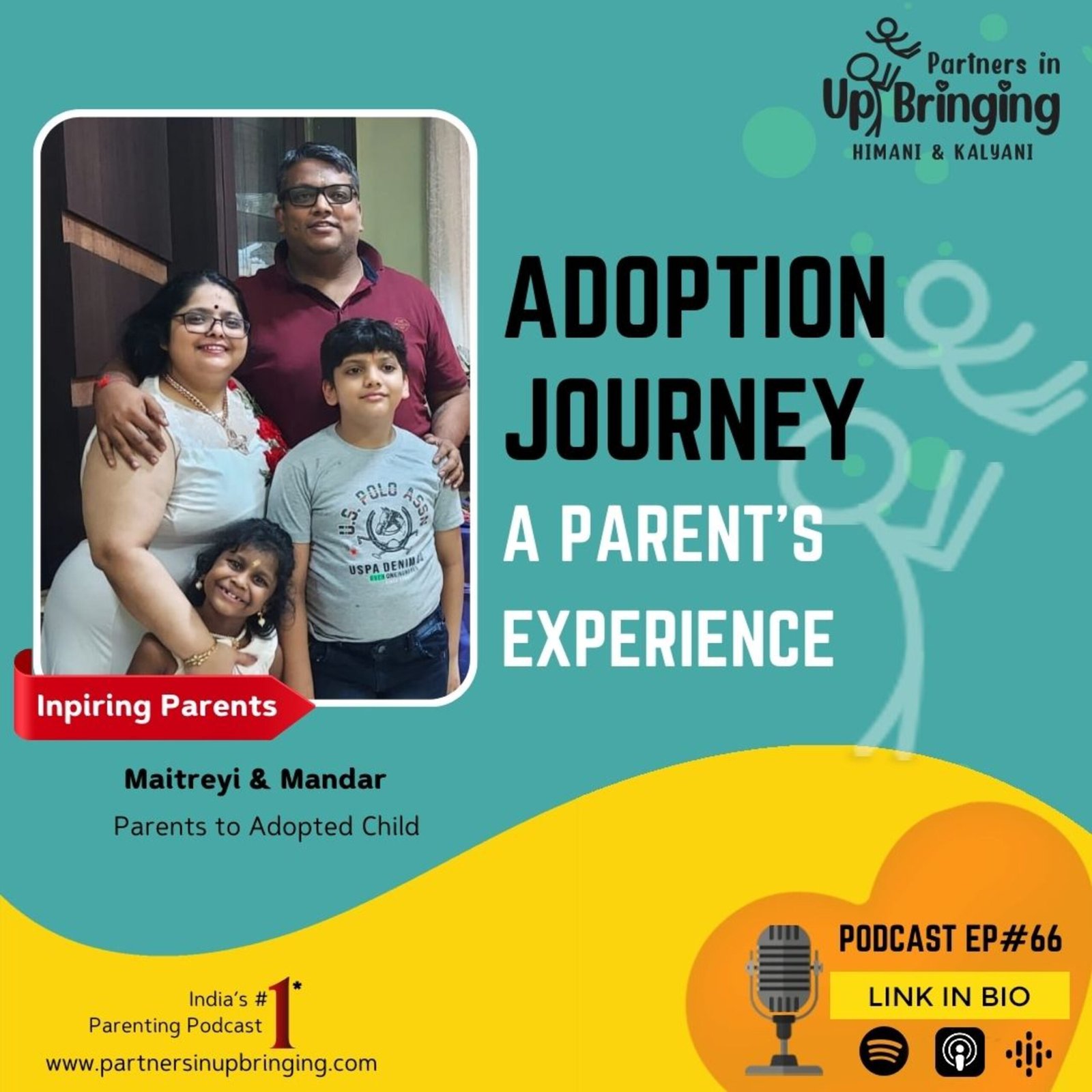It was with a great deal of sadness that I read Ramharack’s lengthy article in the “Stabroek News” of November 28, 2021 headlined “Re-imagining Cheddi Jagan: Cultural Moorings and Political Recklessness”: https://www.stabroeknews.com/2021/11/30/opinion/letters/we-have-found-other-beliefs-which-work-for-us/
The author is a well-known anti-Jaganist, one of those middle-class Indians who hates Jagan’s pro-working class politics.
First of all, he, like so many anti-Jagan commentators, blames Cheddi Jagan for the struggle he and the PPP leaders and members waged for independence of this country.
He has certainly taken the side of the British Colonialists and imperialist who did not want to see this country became independent under a party that would put the Guyanese nation as its priority and the interests of workers and farmers taking a central part in a free Guyana.
He has repeated the old slogan of Jagan being “outmaneuvered by the West and Forbes Burnham”.
The fact is Jagan was not “outmaneuvered”. It was the cause he and the PPP represented, the cause of freedom, and the broad masses of the Guyanese people who were betrayed by the West and the PNC which was led by Burnham.
How could the West talk about Democracy and did everything to frustrate the democratic will of the Guyanese people expressed in free and fair elections in 1953; 1957 and 1961: How can they speak about human rights and deliberately instigated and financed racial clashes in the society that killed many and left a trail of destruction in our land and a legacy of racial prejudice that we have not fully recovered from. Is this what Ramharack admires when he speaks of Jagan being “outmaneuvered?”
Forbes Burnham, by collaborating with those plots and becoming the main man of imperialism, (he received money from the CIA until 1973 as revealed in documents released by the State Department of the US and British Foreign Office) was as guilty as the British and CIA. Forbes Burnham chose the “easy” road by working with hostile foreign powers against the wishes of the Guyanese people. He consciously assisted in promoting racism in our society. He did this on the promise by the US and UK to put him in power. There is nothing noble in that as far as I am concerned.
Cheddi Jagan is disliked by some of the Middle Class Indian intellectuals, like Ramharack because he refused to abandon the working people because he refused to adopt racist politics to counter Burnham’s PNC racism in the 1960s and because he stuck with his class approach to the issues in Guyana. These positions of Jagan and the PPP were never a secret. Jagan was always open and honest with the Guyanese people.
At a public meeting on June 17, 1964 Cheddi Jagan made his position clear on that matter. He dismissed the idea of making the PPP an Indian Party. He said publicly that many persons approached him on that issue. Here is a direct quote from that meeting “…I can understand their fears (Indians) and their feelings but I have had to tell them that the PPP was not interested in putting Indians on top but to see justice for all…” Dr. Jagan went on to say that “…the solution to the problems of this country lies in the unity of the working class…” that was the position he held to the day he died.
Cheddi Jagan made such empathic statements at a time when racially instigated violence was at its highest. It was just after the Wismar holocaust (using Burnham’s words) and violence raging on the Coast. Dr. Jagan toured the troubled spots on the East and West Coast and his message was the same, unity. Only PPP leaders of that period went out publicly with that message of uniting our people.
The real “fundamental” sin of Jagan for Ramharack and others like him who hates the PPPs politics, is due to the fact that Jagan refused to practice the politics of race.
Ramharack and his ilk cannot forgive Jagan because the masses of Indian Guyanese, workers, farmers, patriotic business people, agreed with and supported him and rejected the racist politics that some of Ramharack’s heroes wanted to pursue. They rejected those elements because the masses saw that they were insincere and Jagan’s way was the only viable route.
The Indian refugees from Wismar/Christianburg and Mackenzie chased Dr. Balwant Singh when he visited them in Ruimveldt and tried to instigate racism among them. This is a strong indicator that PPP supporters accepted the Party’s line and rejected racism.
Balramsingh Rai, who Ramharack is trying to make into an Indian hero, was no defender of Indian Guyanese. He was simply trying to use the Indian Guyanese masses to fulfill the diabolical plans of the colonial masters to further promote racism in BG. He had refused to join the PPP in 1953 and instead he joined the NDP, which was the political arm of the League of Coloured People, headed by John Carter. He lost his deposit securing only 6.2% of the votes cast in the Central Demerara Constituency, his home town.
In 1962 Rai was the Minister of Home Affairs when the riots started but did not lift a finger to push the police to stop the attacks on Indian Guyanese on the streets or to prevent the arson of Indo-Guyanese owned businesses in Georgetown.
It is true that Cheddi Jagan was a Marxist. However, to call him “an inflexible Marxist” is an absolute misrepresentation of the man. Throughout his life Jagan warned against dogmatism and sloganeering. Indeed, because of the great creative work he was doing to advance the country, the British in the early 1960s was not in agreement with the US to remove him. They pointed out to the US how he was changing the country very rapidly for the better and they thought they could work with him. The British even told the Americans that the US was mistaking Jagan’s nationalism for communism. That was because Jagan was promoting national democracy improving the economy and the people’s welfare. It is in that period that many local businesses emerged and the size of the working class increased.
His Government of that period represented the broad masses of people which included all classes of Patriotic Guyanese.
Under Jagan and the PPP leaders British Guiana had one of the soundest economy of all the British colonies. In Per Capita Income British Guiana was one of the best of all the countries in the Commonwealth which was at similar stage of development as BG.
In fact even when the PPP government came under intense pressure, including an economic blockade in 1963, the economy of British Guiana kept growing. This was due to the creativity of Cheddi Jagan and his colleagues in the Cabinet and the PPPs Executive. Many of the PPP achievements in that period stand today as monuments of that generation of PPP leaders and members.
Let me now turn to this talk about culture. It appears that for Ramharack, culture is confined to Hinduism.
Well even here the PPP made its mark. It was the PPP that removed the discrimination against non-Christian religions. Let me remind Ramharack that up to the late 1950s a Hindu or Muslim could not hold a job in the Public Service, or in the teaching profession or as nurses. It was the PPP that put an end to that so that those positions were no longer the preserve of only Christians. Marriages under Hindu and Muslim rites were not legal. Jagan and his colleagues changed that as well.
Moreover, Cheddi Jagan, the Marxist, attracted many religious leaders to his cause. Those persons came to join the struggle from their moral religious and cultural convictions. It was Reverend Belgrave who was the Master of Ceremonies when Freedom House was opened in 1957. Reepu Daman Persaud was a towering leader of both the PPP and the Hindu Community, so too was Boodram Mahadeo, a highly respected Pandit, a leader in the Rice Producers Association and a leader of the PPP. The leading Muslim Priest at that time was Yacoob Alli, he was head of the Guyana United Sad’r Islamic Anjuman and also a member of the Central Committee of the PPP. Does this sound like Jagan was an “inflexible Marxist?”
All those persons were highly cultured, possibly far ahead of Ramharack.
No other movement promoted culture as the PPP, both in and out of government. Recall that the best poems of Martin Carter, Rudy Luck and Sydney King were produced when they were members of the PPP engaged in the anti-colonial struggles.
It was in the PPP’s “Thunder” and “Mirror” that Wordsworth McAndrew and scores of local poets were first published and gained prominence. The conditions created by the PPP government from 1957 to 1964 allowed the flowering of arts and culture in that era. I do not think we have another period that can compare to that time when Guyanese artists came into their own.
The PPP began as early as 1958, under Brindley Benn’s leadership, the History and Culture Week which sought to make Guyanese aware and proud of their multi-cultural heritage. The idea was to develop a unique Guyanese Culture in which the varied cultures of our ancestors would have developed and interact with each other to make us all culturally richer.
The only opera about this country’s struggles was written during the PPP’s time in office between 1957 to 1964. It was performed in Germany and other European capitals.
From 1957 to 1964 we had a flourishing of literature as well. The Guyana prize for Literature had its beginnings under the PPP. National competition was promoted to bring out our best writers and our best painters. A Premier’s Prize was put up by Cheddi Jagan for the best stories written by Guyanese. Many really good books came out in that period by such giants like Jan Carew, Wilson Harris and Edgar Mittelholzer among others. The PPP produced great artists that made it on the international scene. Ramjohn Holder known throughout the world as “Pork Pie” from the British Sitcom had his beginnings in the PPP.
Cheddi did not have the habit to be quoting religious books nor was it necessary for him to be sighting Shakespeare to demonstrate his depth. However, I have no doubt that he was one of the best read person in our country. All you have to do is to read his works to realize what a powerful mind and towering man he was.
Ramharack cannot appreciate Jagan because Jagan’s PPP fought for working people and patriotic Guyanese of all races. Jagan was a principled man who refused to betray the aspirations of the Guyanese people for real independence and not neo-colonialism. While Cheddi made compromises on many things during his lifetime, he refused to compromise the principles of Freedom and Sovereignty. The dislike of this group is in the first place a class bias. Ramharack represents that group of Indian middle class intellectuals who wanted Jagan to betray the working class in the hope that that small group could live like lords or kings at the expense of the people.
It is sad that instead of condemning the betrayal by the colonial power and the CIA people such as Ramharack blame the victims- Jagan, the PPP and the working people who supported and sustained them.
It is this class position of Ramharack’s that leads him to admire those in Guyana who sold out and joined with the oppressors so that they could benefit from high offices at the expense of the people. It is that position that makes Ramharack and others similar to him opposed to Jagan.
Finally as the proverb goes, the proof of the pudding is in the eating. What were the achievements of those who sided with the colonialists and the CIA? What were they able to achieve for the Guyanese people? Those brilliant, cultured, sophisticated brown and black Englishmen, whom Ramharack seem to be in love with, show me what benefits their work brought to the ordinary man in Guyana.
Under that type of “smart”, “cultured” collaborationist leadership that Ramharack is so obsessed with. Guyana was reduced to a state of extreme backwardness and poverty.
Unfortunately, people of the mentality of Ramharack, across racial lines, have contributed to that.
Don’t blame the victims; examine yourself.
If you would like to hear from Hon. President Ramotar, then follow this link: https://globalindianseries.com/?s=Donald+Ramotar
-------------------------------










